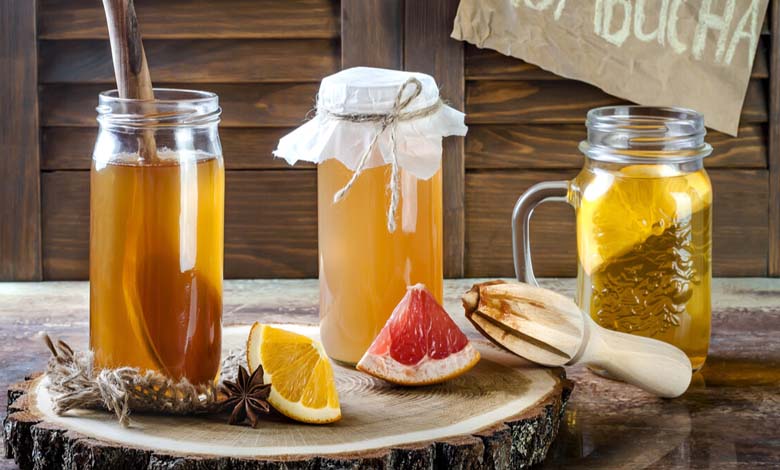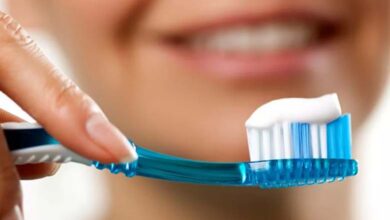Is Kombucha Really Worth the Hype? Here’s a Look at Its Benefits and Risks

Kombucha, the fermented tea with Asian origins, has taken the global wellness world by storm, often marketed as a miracle health elixir. Made from sweetened black or green tea fermented with a symbiotic culture of bacteria and yeast (known as SCOBY), kombucha is now a staple in organic stores and trendy cafés. But behind the fizzy appeal and health claims, what does science actually say? Is kombucha truly beneficial, or are its risks being overlooked?
-
Matcha: A Caffeinated Drink That Promotes Relaxation and Sleep
-
Is Drinking Lemon Water in the Morning Good for Your Health?
One of the most commonly praised benefits of kombucha is its potential to support digestion. Rich in probiotics, it can help balance gut microbiota, which in turn may strengthen the immune system and improve nutrient absorption. Kombucha also contains antioxidants derived from the tea itself, which may help combat free radicals responsible for cellular aging.
Preliminary studies suggest that kombucha may aid in regulating blood sugar levels and lowering cholesterol, although more comprehensive clinical trials are needed to confirm these effects. Additionally, its mild caffeine content can provide a gentle energy boost, making it a popular alternative to coffee or energy drinks.
-
Amid Bird Flu Outbreak, Warnings Against Drinking Raw Milk
-
“Unexpected” risks of energy drinks for heart patients
Despite its appeal, kombucha is not risk-free. When improperly brewed—especially in home settings—it can harbor harmful bacteria or reach dangerous acidity levels, leading to digestive issues, food poisoning, or complications in immunocompromised individuals. Commercial versions can also be high in added sugars, potentially negating its health benefits if consumed excessively.
Therefore, moderation is key. Choosing well-regulated, low-sugar, and properly stored products is crucial. Pregnant women, children, and those with liver conditions or weakened immune systems should consult a healthcare provider before adding kombucha to their diet.
In summary, kombucha isn’t a magical cure-all, but it can be a healthy addition to a balanced lifestyle when consumed wisely. Its potential benefits are promising, but they must be weighed alongside proper safety precautions.












